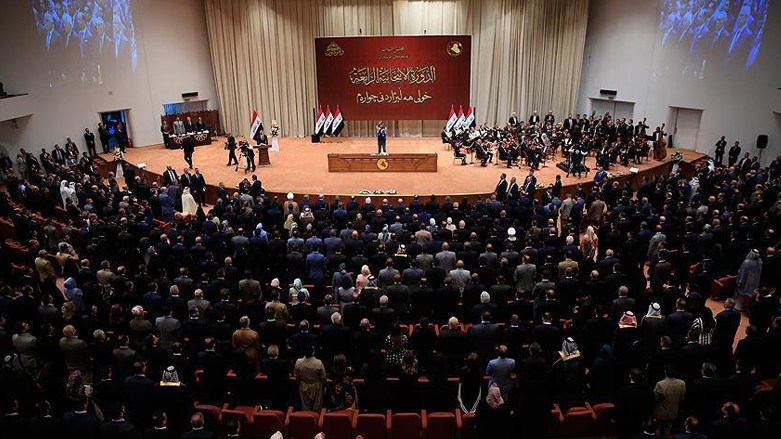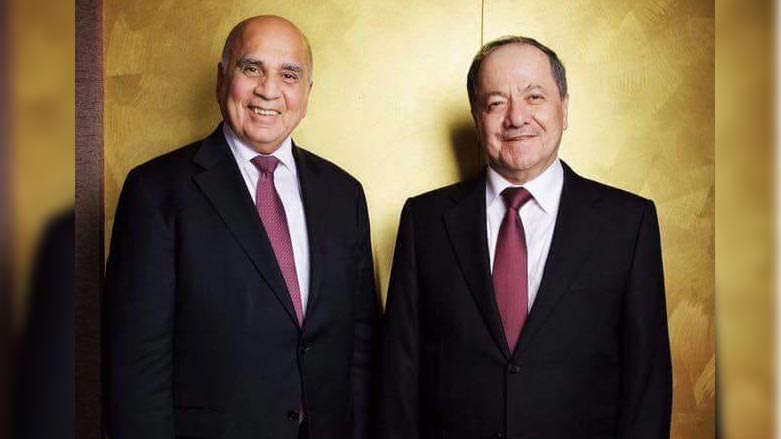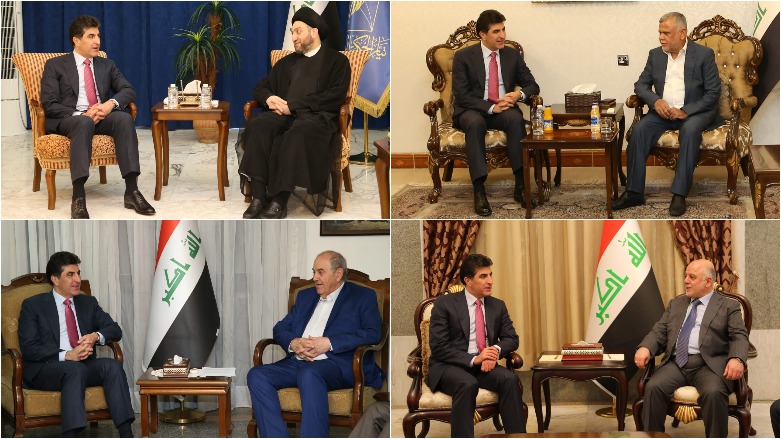Iraqi parliament speaker sets Oct. 2 as deadline to elect president

ERBIL (Kurdistan 24) – On Tuesday, newly-seated Iraqi Parliament Speaker Mohammed al-Halbousi declared Oct. 2 as the deadline for electing the nation's next president.
Iraq has been led by a caretaker government for months following a protracted post-election process due in large part to widespread claims of voter fraud and a manual ballot recount.
“The deadline for the election of a president is the second of next month, according to the constitutional time,” Halbousi said during a session, referring to the 90-day government formation process.
According to the traditional system of power-sharing in Iraq, the prime minister's post is held by a member of the Shia community, a Sunni Iraqi is speaker of parliament, and a Kurd holds the honorary presidential post.
Although the leading parties in the Kurdistan Region - the Kurdistan Democratic Party (KDP) with 25 seats, and the Patriotic Union of Kurdistan (PUK) with 18 seats - had agreed on a single project to represent the Kurds in the new Iraqi government, a divide emerged as both sides eyed the post of president.
So far, there are several Kurdish candidates for president, but the top competitors are Fuad Hussein from the KDP and Barham Salih from the PUK, the party that has held the post since 2005.
After electing the president, the largest bloc in the parliament will be tasked with appointing the prime minister and forming a new cabinet.
Despite elections being held in May, disputed results and a complicated political landscape have kicked the formation of a new government down the road multiple times. Competing factions have repeatedly failed to reach an agreement and resume work to address the country’s growing public service and unemployment crisis that has led to mass demonstrations, notably in the southern province of Basra.
Editing by John J. Catherine


